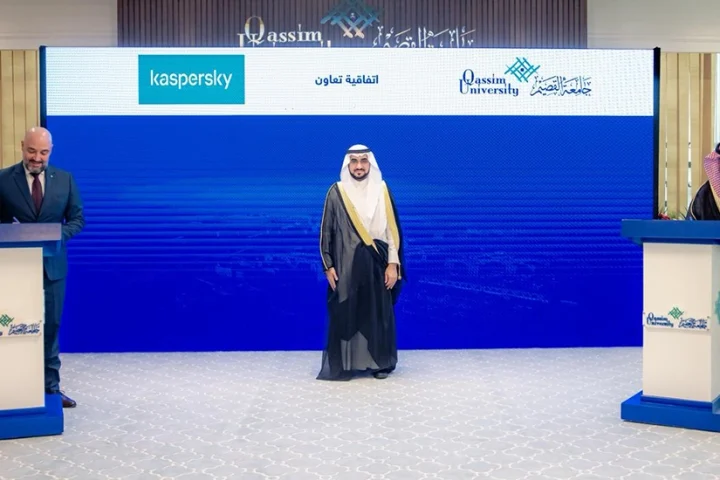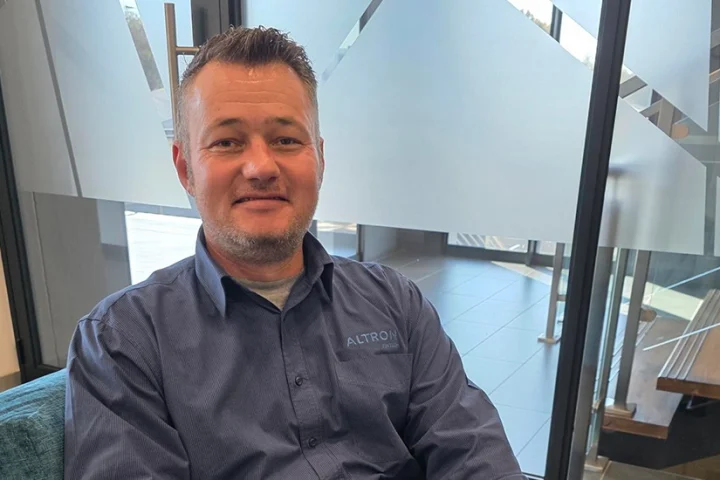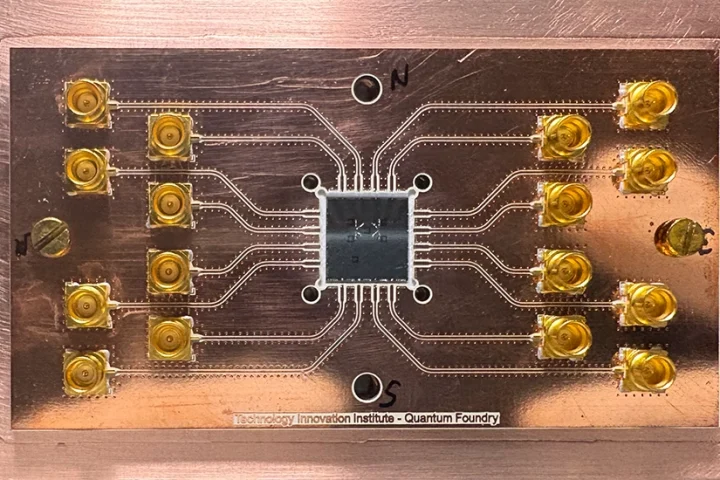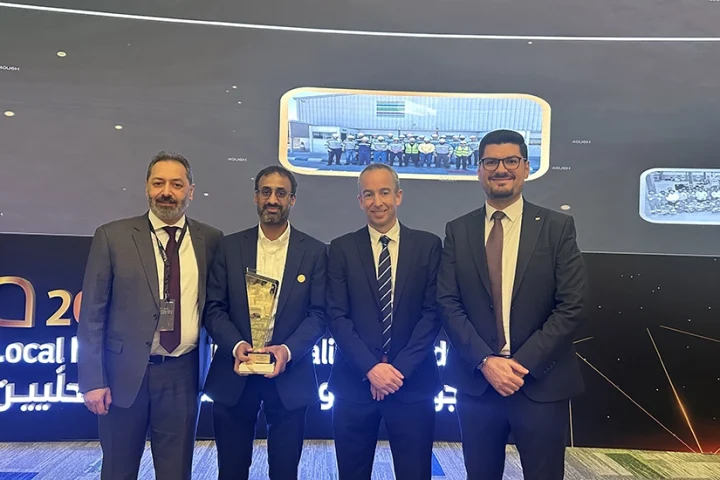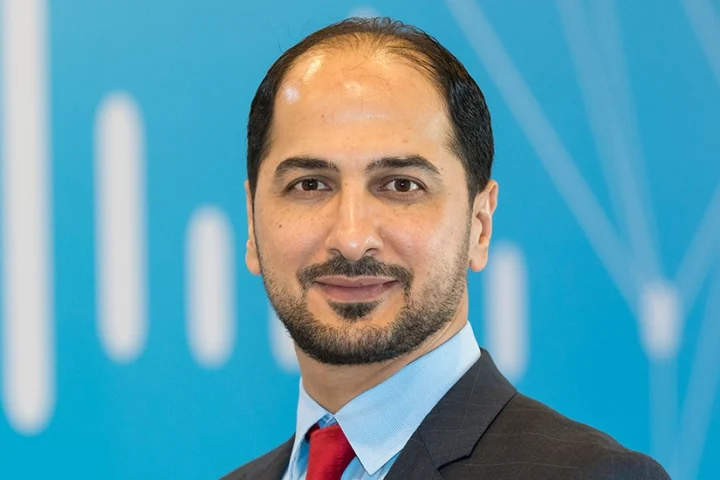Kaspersky has obtained 53 patents for machine learning inventions and submitted 116 relevant applications since 2019. The majority of these patented inventions are related to areas such as malware detection, critical infrastructure protection, anti-phishing technologies and security information and management solutions (SIEM).
At the beginning of the last decade, the development of ImageNet algorithms and the success of the Watson supercomputer, which managed to win on the Jeopardy! quiz show, provoked massive hype for Machine Learning (ML) technologies. Today, this branch of AI is as relevant as ever with more than 52% of companies reporting accelerated adoption plans for machine learning as a result of the pandemic.
Kaspersky started developing machine learning as a key focus area back in 2017, when the company filed its first patent application for new ML techniques. Since that time, Kaspersky inventors have continued to explore various areas of this technology’s application, resulting in 56 patents being received, with the majority of these (95%) being registered during the past three years. Among the recently awarded patents, 18 were granted by the United States Patent and Trademark Office, seven by the European Patent Office and four by the Japanese Patent Office.
The greatest number of registered inventions covers ML application in cybersecurity-related spheres, including methods for malware detection, critical infrastructure protection and phishing and spam email identification. Kaspersky’s team of experts has also proposed new technologies applicable in other spheres: from marketing to anti-drone solutions.

“Kaspersky is one of a few companies that patents technologies outside of its profile of products. The sphere of our researchers’ interests often goes beyond cybersecurity, as the statistics on our recent ML patents show. This once again distinguishes Kaspersky as a visionary company that looks to offer new perspectives in various technological areas,” comments Anton Tikhomirov, Head of Strategic IP Development at Kaspersky.
Throughout its history Kaspersky has received more than 1,200 patents around the world, including in the USA, Russia, EU, China and Japan.




